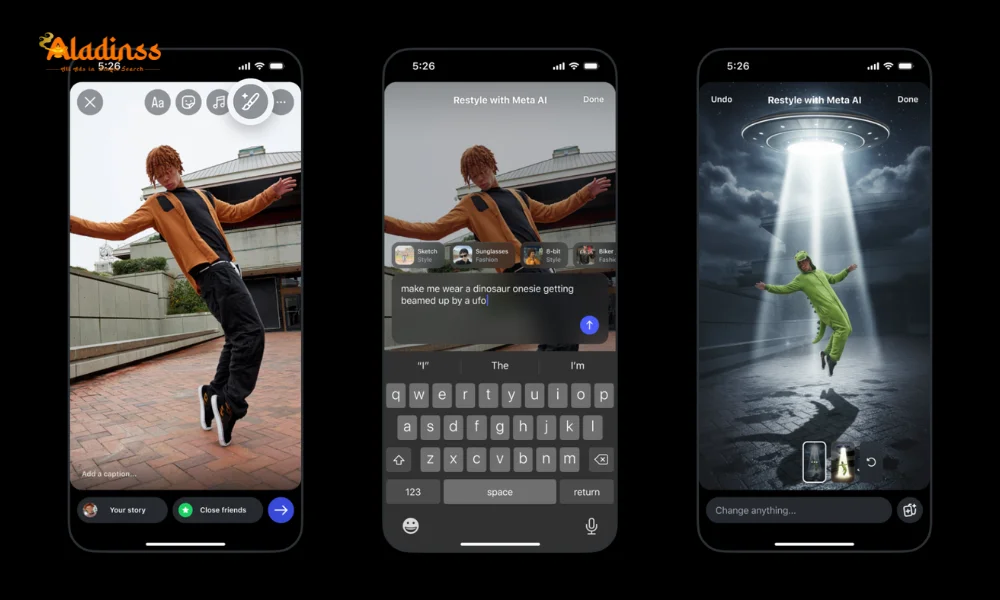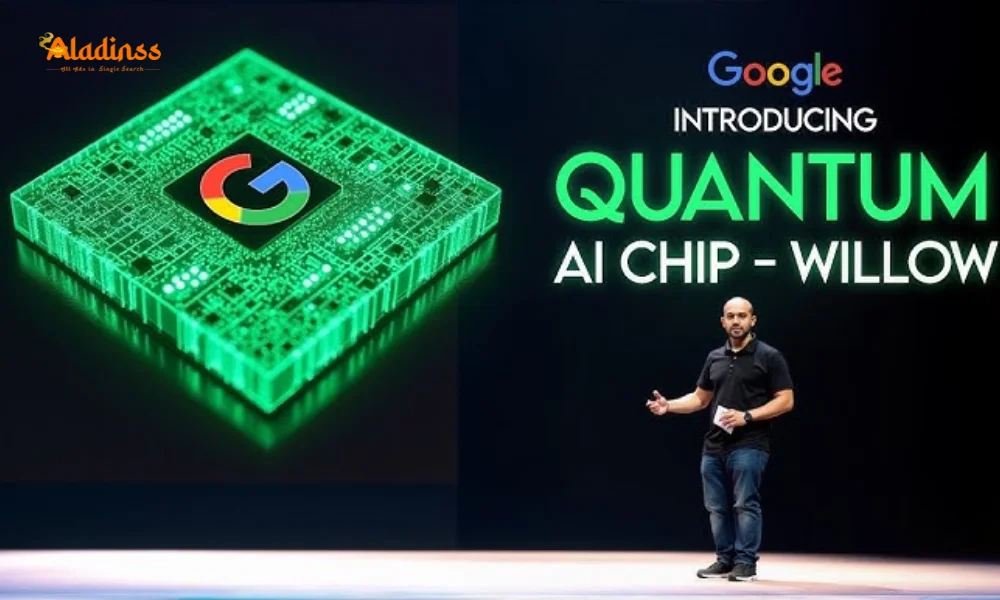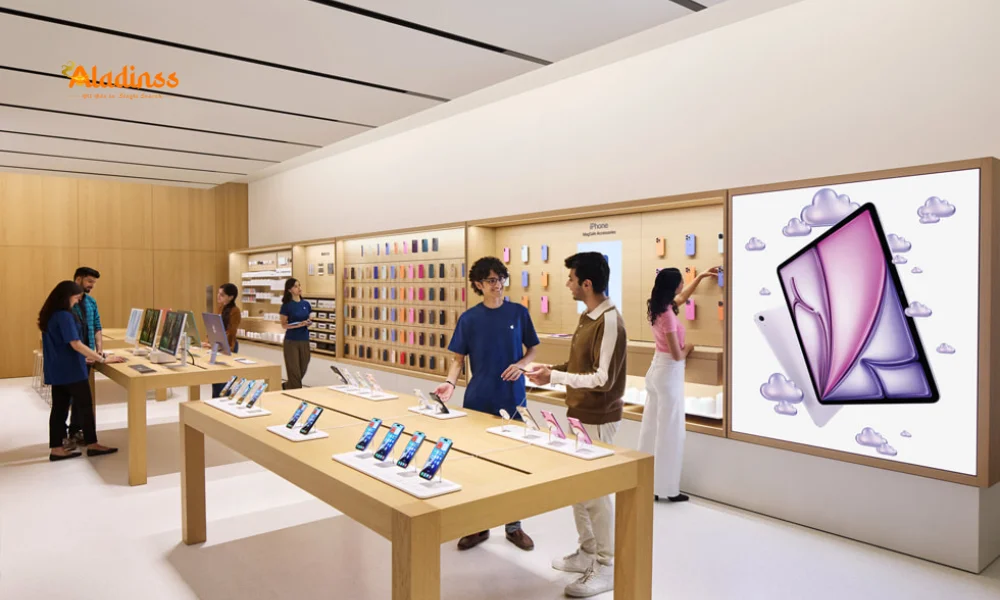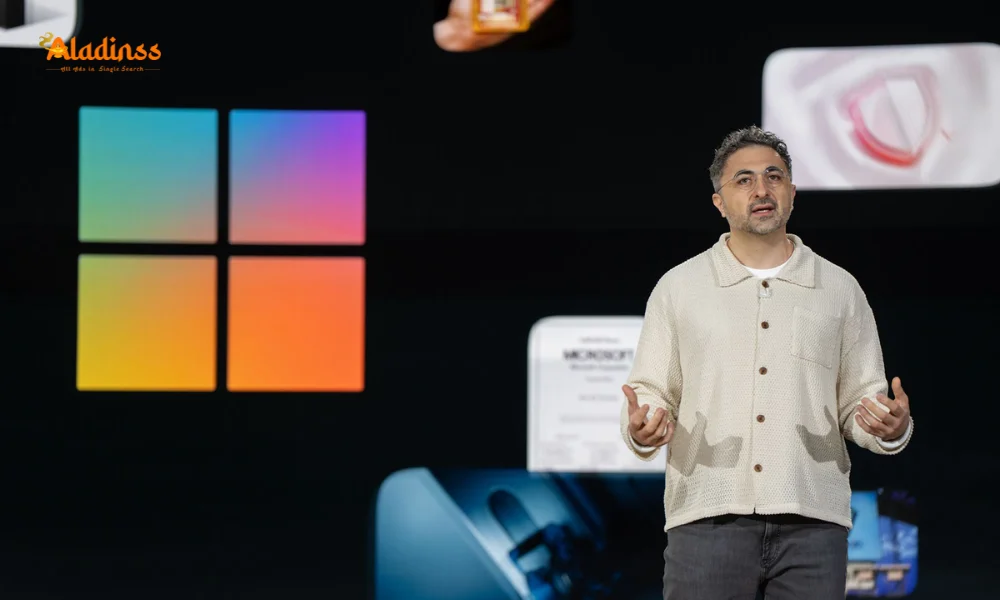Battlefield 6: No GenAI Content from EA
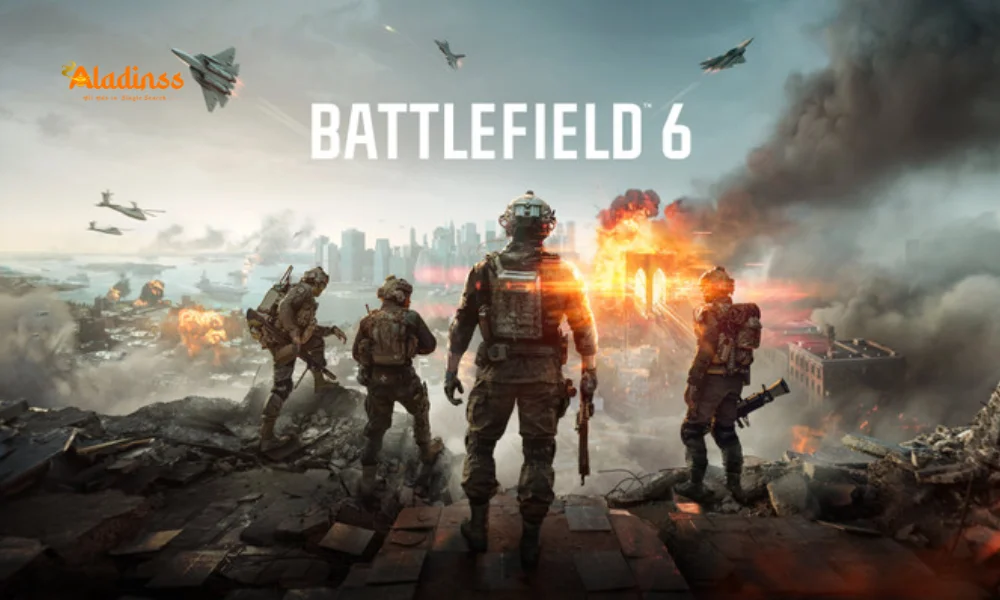
EA Confirms Battlefield 6 Features No Generative AI Content
Electronic Arts' highly anticipated Battlefield 6 has officially hit shelves for PC, PlayStation 5, and Xbox Series X/S, delivering intense multiplayer battles and a gripping single-player campaign without any elements crafted by generative AI. In a timely revelation just before launch, EA executives emphasized that while the technology played a supportive role in early development phases, the final product remains purely human-made, addressing growing concerns in the gaming community about ai in video games.
This stance comes amid EA's blockbuster $55 billion leveraged buyout announced late September, positioning the company for private ownership and aggressive cost optimizations-many of which hinge on expanded ai applications. Rebecka Coutaz, VP and general manager overseeing studios like Criterion and DICE-key contributors to Battlefield 6-shared these insights in an interview, underscoring the deliberate choice to keep generative ai out of core content creation for battlefield 6 launch.
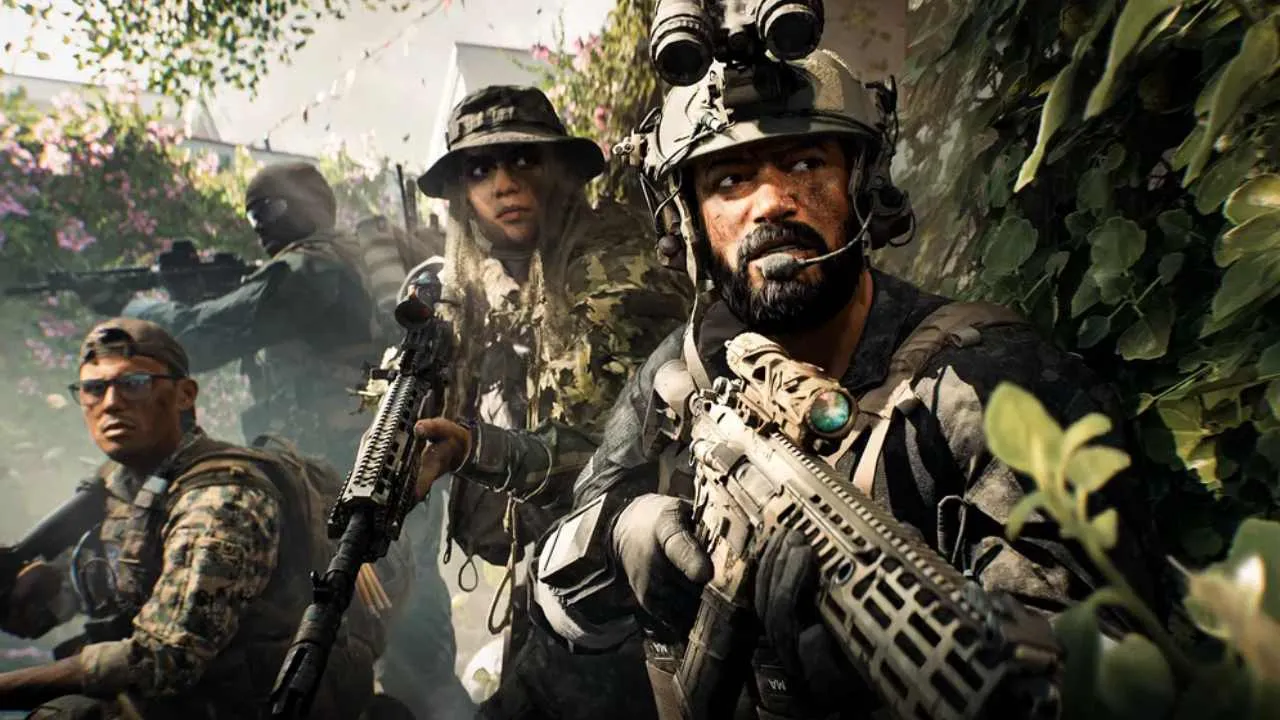
Coutaz highlighted how generative ai tools freed up developers' time during ideation, allowing for bolder creative risks without compromising the authenticity that fans crave in ea battlefield series. "It gives us more bandwidth to innovate," she noted, reflecting a balanced approach in an industry where generative ai gaming adoption is accelerating but not without debate.
Generative AI's Role in Battlefield 6 Development
Though absent from the shipped game, generative ai was instrumental in pre-production for Battlefield 6, aiding in rapid prototyping of environments, character concepts, and even sound design elements. This behind-the-scenes utility aligns with EA's broader strategy to harness ai for efficiency, as seen in tools that automate repetitive tasks and spark inspiration. Coutaz described the tech as "intriguing and promising," yet admitted current workflows aren't mature enough for seamless integration into polished assets.
For players diving into Battlefield 6's dynamic warfare, this means every explosion, weapon model, and narrative beat stems from skilled artisans at DICE, Criterion, and other studios. The decision resonates with calls for transparency in ai ethics gaming, ensuring the immersive world feels handcrafted rather than algorithm-generated.
EA's Buyout and the Push for AI-Driven Savings
The timing of EA's disclosure couldn't be more poignant, following the $55 billion acquisition by a consortium including Silver Lake, Saudi Arabia's Public Investment Fund, and Jared Kushner's Affinity Partners. This deal, one of the largest in gaming history, saddles the company with substantial debt but unlocks potential for streamlined operations through ai implementations.
Insiders cited in reports suggest investors view generative ai as a linchpin for slashing overheads, potentially elevating profits amid the $20 billion JPMorgan-backed financing. From automating QA testing to optimizing asset pipelines, ai could transform ea ai strategy, though executives like Coutaz stress ethical guardrails to preserve creative integrity.
Also Read: Slack AI Platform for Developers
Industry Perspectives on AI in Video Games
EA's optimistic yet cautious outlook on generative ai mirrors a polarized gaming landscape. While publishers eye cost reductions-projected to save millions in development cycles-creatives and unions push back, fearing job displacement and diluted artistry. Earlier this year, SAG-AFTRA secured landmark AI safeguards for voice actors, mandating consent and compensation for synthetic replicas, a model that could influence broader ai regulations gaming.
- Pros of Generative AI: Accelerates ideation, reduces iteration time, democratizes asset creation for indie devs.
- Cons: Risks authenticity loss, ethical dilemmas in training data, potential for biased outputs.
- Future Trends: Hybrid models where AI augments human creativity, as in Battlefield 6's prep phase.
Coutaz echoed this sentiment, envisioning AI as a "catalyst for innovation" that "breaks the magic" to foster originality. In Battlefield 6, this philosophy shines through in refined mechanics like adaptive destruction and squad-based tactics, untainted by automated generation.
Battlefield 6: A Return to Core Strengths
Shifting focus to the game itself, Battlefield 6 revives the franchise's hallmark large-scale combat with 128-player modes, vehicular mayhem, and environmental storytelling. Absent from the spotlight is any generative ai footprint, allowing DICE's expertise to forefront elements like realistic ballistics and emergent narratives. Early reviews praise this purity, scoring high for replayability and technical prowess on next-gen hardware.
Compared to predecessors like Battlefield 2042, which grappled with launch hiccups, Battlefield 6 benefits from lessons learned, bolstered by AI-assisted but human-vetted optimizations. For fans tracking battlefield series evolution, this entry reaffirms EA's commitment to quality amid ai disruptions.
The Broader Implications for Gaming's AI Future
As EA navigates its private era, the Battlefield 6 approach could set precedents for ai integration in blockbusters. Investors' wager on cost efficiencies-potentially via generative tools for procedural worlds or NPC behaviors-promises leaner studios, but at what creative cost? Coutaz's vision of AI as an enabler, not replacer, offers a roadmap: use it to amplify, not automate, the human spark.
- Ethical AI Frameworks: Mandatory disclosures for AI use in credits and marketing.
- Union Protections: Expanding SAG-AFTRA wins to coders, artists, and designers.
- Innovation Balance: Pilots like Battlefield 6's prep usage to test boundaries safely.
In the $200 billion gaming market, where generative ai could disrupt 20% of workflows by 2030, EA's transparency builds trust. For Battlefield 6 players, it means unadulterated thrills; for the industry, a blueprint for harmonious human-AI collaboration.
As post-launch updates loom, watch for subtle AI enhancements in analytics or matchmaking-always with player consent. Battlefield 6 not only storms the frontlines but also pioneers ethical tech frontiers in entertainment.
Comment / Reply From
No comments yet. Be the first to comment!
